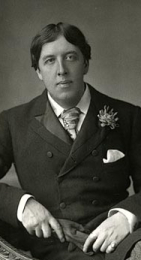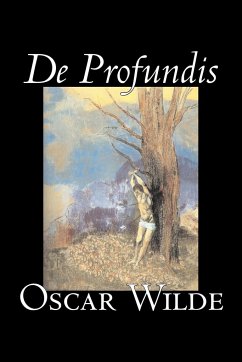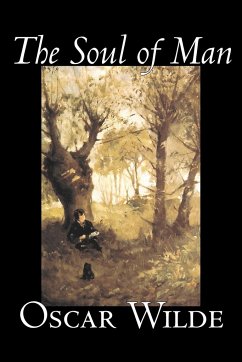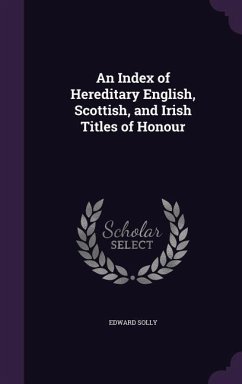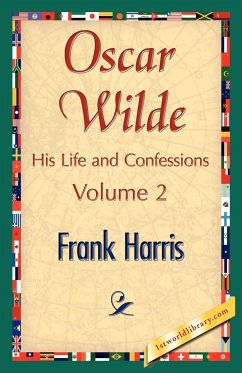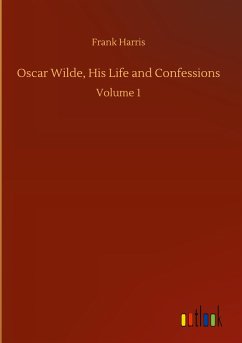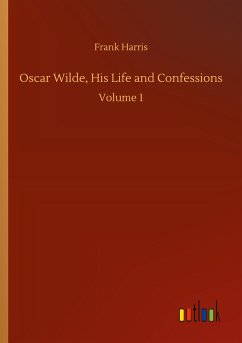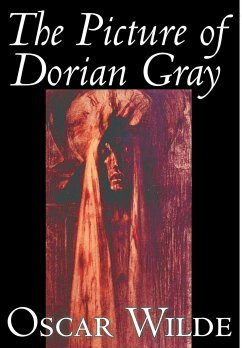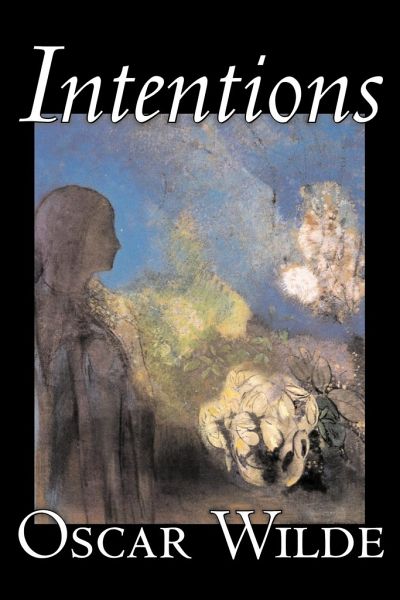
Intentions by Oscar Wilde, Literary Collections, Essays, English, Irish, Scottish, Welsh
Versandkostenfrei!
Versandfertig in 1-2 Wochen
13,99 €
inkl. MwSt.

PAYBACK Punkte
7 °P sammeln!
"The Decay of Lying" -- from 1889 -- is an essay couched as a dialogue that Wilde once called it a "trumpet against the gate of dullness." The substance revolves around Wilde's Aestheticism, and he argues (through one character and another) that Art is superior to Nature. . . . "Pen, Pencil and Poison" -- from 1889 -- is a biographical essay on the notorious writer, murderer, and forger Thomas Griffiths Wainewright, who used the pen name "Janus Weathercock," and here Wilde puts forward the notion that that Wainewright's criminality reveals the soul of a true artist. In "The Critic as Artist," ...
"The Decay of Lying" -- from 1889 -- is an essay couched as a dialogue that Wilde once called it a "trumpet against the gate of dullness." The substance revolves around Wilde's Aestheticism, and he argues (through one character and another) that Art is superior to Nature. . . . "Pen, Pencil and Poison" -- from 1889 -- is a biographical essay on the notorious writer, murderer, and forger Thomas Griffiths Wainewright, who used the pen name "Janus Weathercock," and here Wilde puts forward the notion that that Wainewright's criminality reveals the soul of a true artist. In "The Critic as Artist," -- 1890 -- The Wilde's contends that critics must reach beyond the creative work that he considers. "The Truth of Masks" (1885) is an argumentative response to an article of Edward George Bulwer-Lytton's which put forward the notion that Shakespeare had little interest in the costumes that his characters wore.



